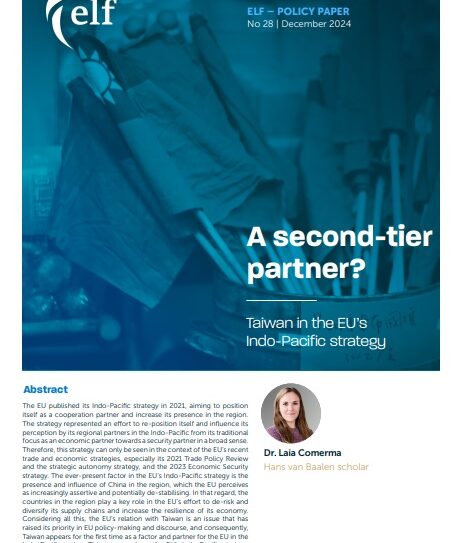Dr. Laia Comerma is a postdoctoral researcher under the Hans van Baalen scholarship. She completed her PhD at the Pompeu Fabra University (UPF) and the Barcelona Institute for International Studies (IBEI). Her doctoral dissertation, “The influence of the EU–China economic relationship towards the reconfiguration of the economic regime of global governance”, analyses the norms, rules and institutions structuring the foreign policy relation between China and the EU, and how they are being reformed due to their interaction in the fields of investment, trade, and development infrastructure. Her research fields of interest are foreign policy analysis, Chinese and EU foreign policy, and EU–China relations. She holds a MSc in International relations from the London School of Economics (LSE) and a BA in Philosophy, Politics and Economics from UPF-UAM-UC3M.
